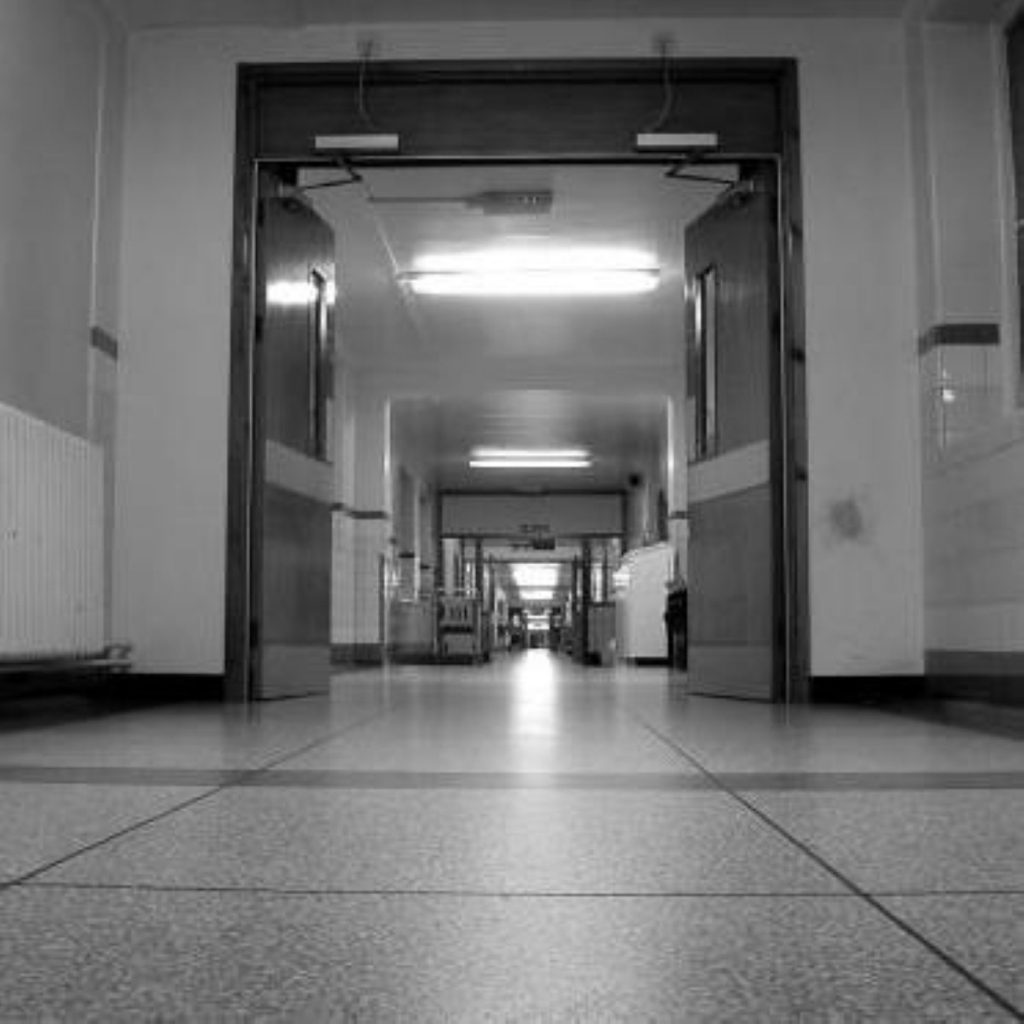Six PFI hospital deals get the go-ahead
The government has given the go-ahead for six new NHS hospitals to be built under the controversial private finance initiative (PFI) deals worth £1.5 billion.
The proposals would take the value of hospitals being built by private construction firms, who are paid back by the NHS trust over 20 or 30 years, to over £10 billion since 1997.
Hospitals in Staffordshire, Tameside and Glossop, Salford, Walsall, Torbay and Leicester will benefit under the schemes, with developments including the establishment of separate male and female nursing bays, new surgical wards and a new children’s hospital
Up to half the beds in the new hospitals will also be single rooms, built in place of Victorian wards to offer more private and personal care to patients across the country.


Health minister Andy Burnham said the six deals represented “great news” for hundreds of thousands of patients who would now benefit from modern buildings.
“The new facilities will not only be the best in terms of design and quality, but they will be affordable well into the future,” he said.
However, concerns have been expressed about the value for money of the schemes – both the National Audit office and the public accounts committee have noted how private firms profit from PFI schemes.
Earlier this year, a committee report into the refinancing of the Norwich and Norfolk hospital revealed that the deal had netted the consortium building the hospital £84 million – but put the NHS trust at significant financial risk.
Several hospitals have also cited PFI as one of the reasons behind their financial problems – NHS trusts recorded deficits of more than £520 million last year.
And public sector union Unison warned that using PFI for six new hospital developments would “prove a costly error”.
“Of course we welcome news that patients will benefit from bright, new hospital surroundings, but using PFI to finance these schemes is a waste of taxpayers money,” said senior national officer Mike Jackson.
He cited the example of the Queen Elizabeth hospital in Greenwich, east London, which auditors said was facing major debts because PFI was costing an additional £9 million a year compared to conventional procurement.
“That is taxpayers’ money and with many other PFI hospitals facing similar financial difficulties – it makes no sense for the government to keep going down this discredited route,” he said.
Mr Burnham insisted that each scheme had been “rigorously checked” to ensure it offered value for money and delivered services that met local needs. He claimed the agreed redevelopments would cost £400 million less than the trusts’ original proposals.
He accepted concerns that PFI tied NHS trusts into paying off the buildings over 30 years, by which time it was impossible to guess why kind of services a local community needed, but stressed that this would be the case however a new project was financed.

